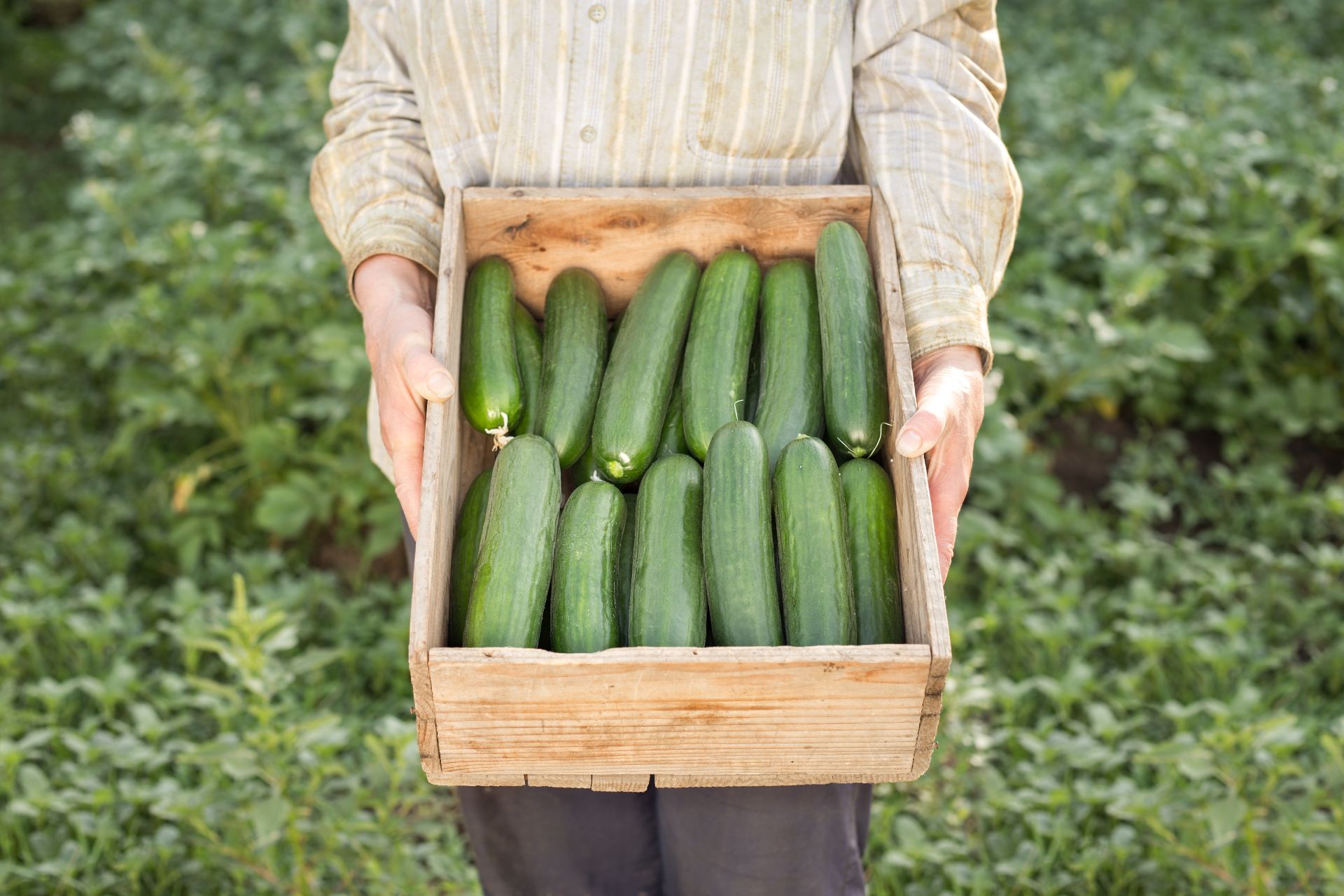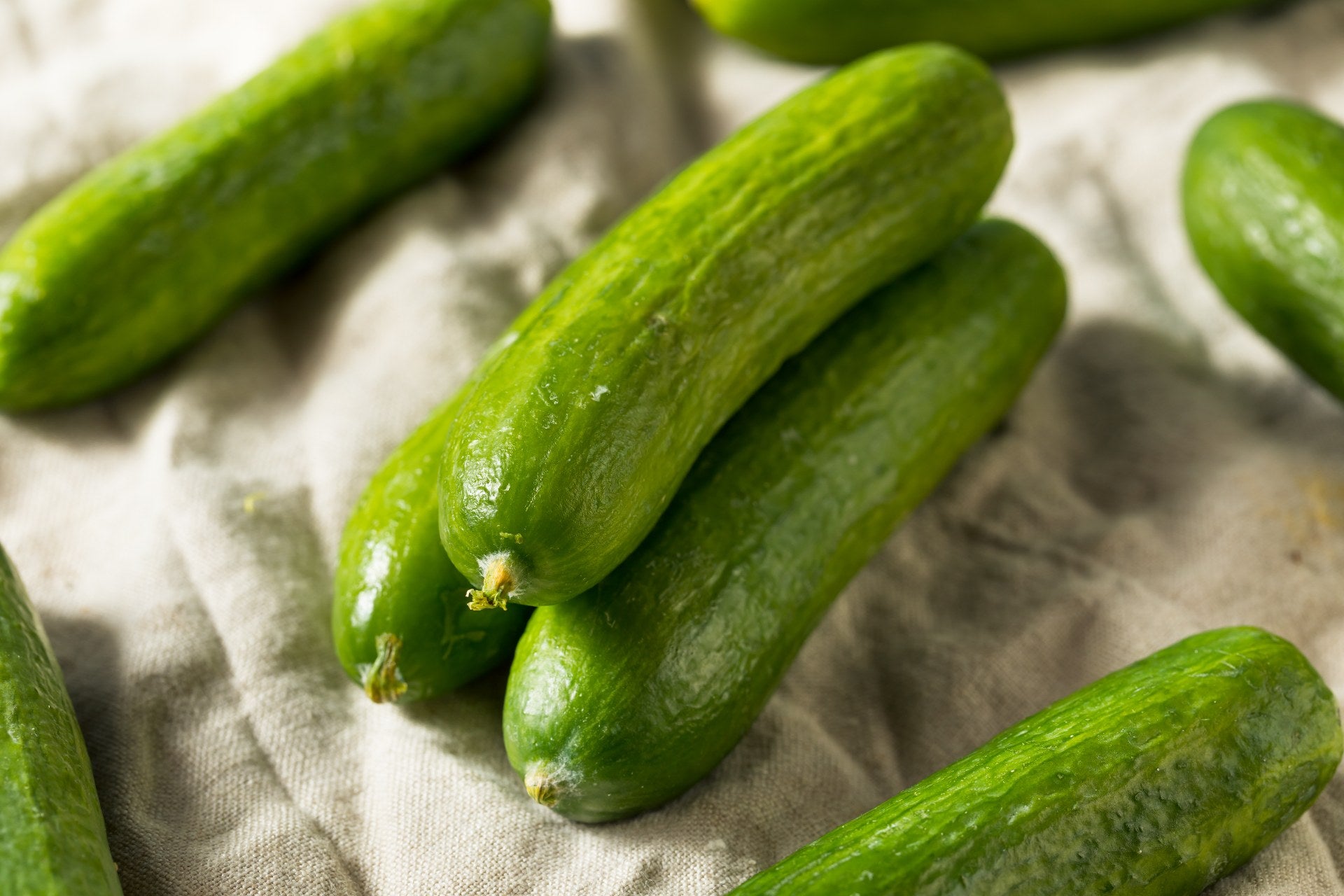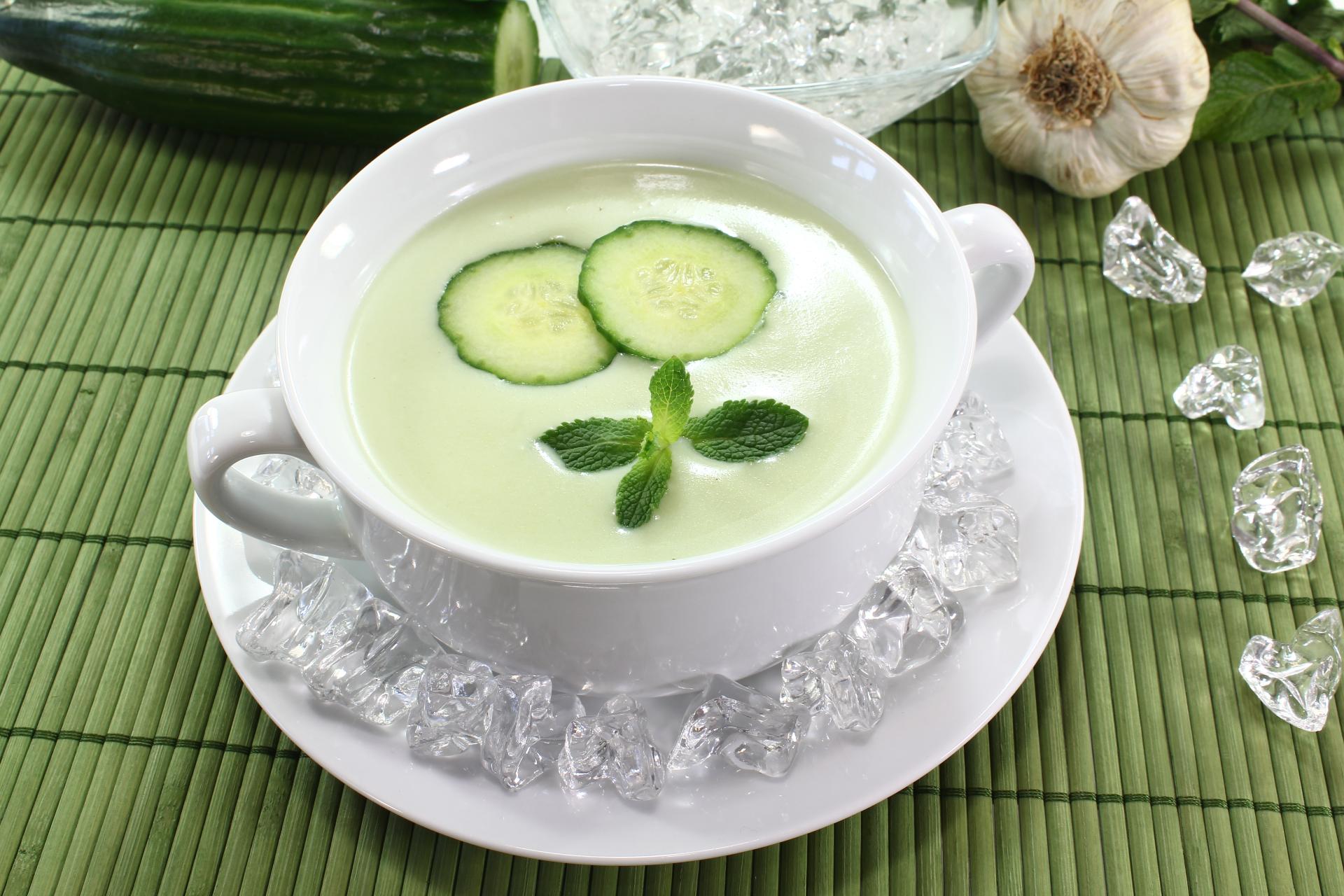As with all cucumbers, Persian cucumbers are extremely low in calories, with around 18 per 100g serving, and are also fat free. They have a high water content, at around 95%, which makes them a great way to stay hydrated, and they also provide a good source of fibre, antioxidants, vitamins C and K, magnesium, potassium and manganese.
There are several potential health benefits of eating Persian cucumbers:
They contain antioxidants, which help protect your cells against damage from free radicals, harmful substances that can cause several chronic illnesses, including cancer.
Their high water content may also prove beneficial in several ways. An analysis of several studies shows that eating foods that are high in water but low in calories may aid weight loss, and proper hydration also helps maintain healthy bowel movements. In fact, cucumbers may be particularly good for your digestive system, as they also contain a type of fibre called pectin, which may be able to speed up the movement of intestinal muscles, as well as helping to feed ‘friendly’ gut bacteria.
Storage and freezing
Cucumbers are quite delicate, and are prone to spoil if not stored properly. We’ve all had a cucumber or two turn to mush in the crisper drawer, but this can easily be avoided if you avoid two things - moisture and excess cold.
Larger varieties of cucumber tend to be individually wrapped to protect them from moisture, but Persian cucumbers are often sold several to a bag, which can make them vulnerable. To keep them fresher for longer, remove them from their packing, wash them well, then dry them very well, making sure there is no moisture on their surfaces. Next, wrap each cucumber in paper towels and place them inside a bag, leaving it unsealed to allow any moisture to escape.
When it comes to putting your cucumbers in the refrigerator, the crisper drawer may seem like the most obvious spot, but in this case it may not be ideal. Cucumbers are prone to accelerated decay, wilting, and pitting at temperatures below 50°F, and should be kept away from the coldest parts of the refrigerator, which are at the back and at the bottom, where the crisper drawer is usually found. They should also be kept away from ethylene-producing fruit like bananas, apples and tomatoes, to prevent them from over-ripening. Stored in this way, whole cucumbers can last for 1 to 2 weeks in the refrigerator, but once cut, they should be eaten within 2 to 3 days.
If you need to keep your cucumbers for longer, they can be frozen, but they will lose their texture. Frozen cucumbers can be used to flavour drinks and cocktails, or to make soups and dips, but they won’t have the same crunch as fresh cucumbers if you’re making a salad.
To freeze cucumbers, wash and dry them well, then slice them up and place the slices onto a lined baking sheet. Place the baking sheet in the freezer and leave it until the slices are frozen, then move them to a ziplock bag, mark it with the date, and replace in the freezer.
Recipes












